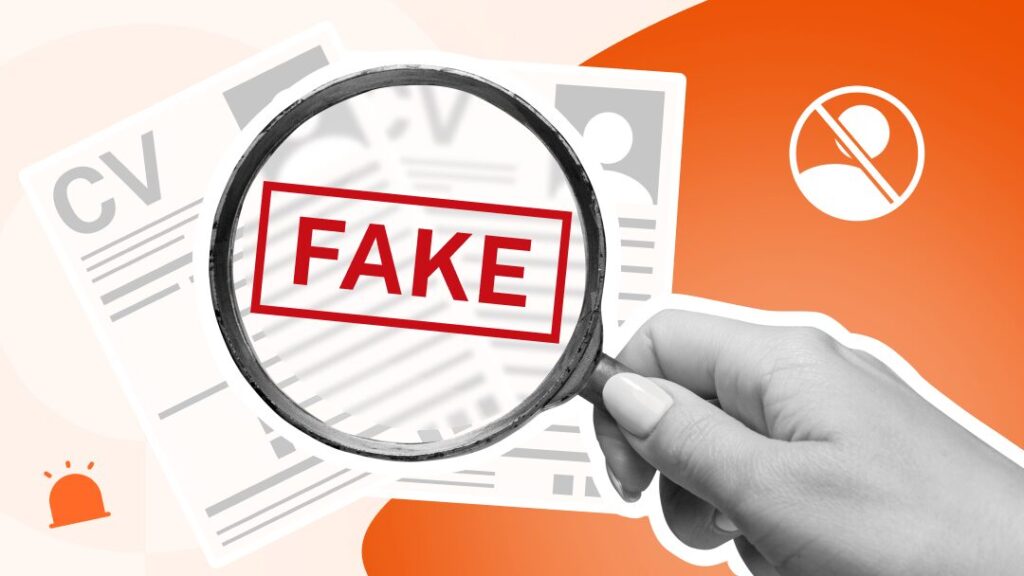
Dear BP,
Anyone who has ever taken an examination for a professional qualification knows how stressful they can be; years of study, financial sacrifice, stress and the ever-present fear of a resit. Professional examinations take place in near-prison conditions, with no papers other than those permitted, and these are scrutinised, with no talking, no glancing around, no water bottles with labels, and being escorted to and from the bathroom. Assessment candidates are under the total control of the invigilators for the two- to four-hour examinations.
So, with all the rumours about the practice of presenting fraudulent certificates, especially in the Public Service, why do the departments responsible treat this corrosive practice with such alacrity? I recall a practising Barrister being disbarred some years ago for presenting fraudulent educational certificates. There have not been any recent cases, but I am sure others are yet to be discovered.
Can you imagine a society where people are paid based on their purported qualifications, which are not worth the paper they are printed on? Or where professional fees are charged based on some alleged certification? What about unqualified people being placed in charge of expensive equipment when they can’t even understand the maintenance instructions? And evidence of this is all around us.
From one end of the Bahamas to the other, vehicles procured at the taxpayer’s expense lay rotting in the sun, some because responsible persons neglected to add oil to the engine or maintain them.
Yet many of these “condemned” vehicles are fully operational days after being purchased at police auctions, some, I am told, as rental vehicles!
I am not writing about people who inflate or embellish an otherwise legitimate CV. I am speaking of those criminals who intentionally create and present a fraudulent document to gain a financial and employment advantage. In my experience, I have had to deal with photoshopped and altered certificates, some of which can be hard to detect.
That is precisely why, when in doubt, you send the suspect document/s to the Ministry of Education Testing and Evaluation, where experts will examine them and determine their veracity. These public employees are very good at their jobs; they know a fraudulent certificate when they encounter it.
So, there is no reason other than laziness by HR for a person to be able to present fraudulent documents and receive a favourable job title or placement based on fraud. Not dealing with this practice puts people who work to become qualified at a disadvantage and can be a disincentive for even considering a job in the public service. Indeed, many find that they are not even on the same page professionally as their supervisors because they know more about something, as they have studied the subject in depth. In addition, fraudulent educational certificates can have far-reaching consequences on society, affecting individuals, institutions, and the broader community, because ignoring or hiding this practice leads to:
1. Erosion of Trust: Fake certificates undermine trust in educational institutions and the qualifications they award. This can lead to scepticism about the credibility of genuine degrees and diplomas.
2. Economic Consequences: Employing individuals with fraudulent credentials can result in financial losses for organisations, as they may lack the skills required for their roles. This can also lead to inefficiencies and reduced productivity.
3. Reputational Damage: Institutions associated with certificate fraud face significant reputational harm. This can deter prospective students and partners, impacting their long-term viability.
4. Devaluation of Genuine Achievements: The prevalence of fake certificates diminishes the value of legitimate qualifications, making it harder for deserving individuals to stand out.
5. Public Safety Risks: In critical sectors like healthcare or engineering, unqualified individuals with fake credentials can pose serious risks to public safety.
6. Legal and Ethical Issues: Fraudulent certificates contribute to corruption and unethical practices, eroding societal values and the rule of law.
I understand that when some favoured people present and benefit from fraudulent qualifications, it’s horses for courses. Indeed, there are allegations that even when a fraudulent certificate or diploma is detected, there is no punishment, only a reassignment. The old management adage that “a wrongdoer unpunished is a wrongdoer emboldened” seems to have been abandoned in today’s permissive (slack) environment. Addressing this issue requires robust verification systems, stricter regulations, and increased awareness of the importance of academic integrity.
It’s the academic and societal integrity requirement that’s the stumbling block.
Sincerely,
Michael J. Brown







